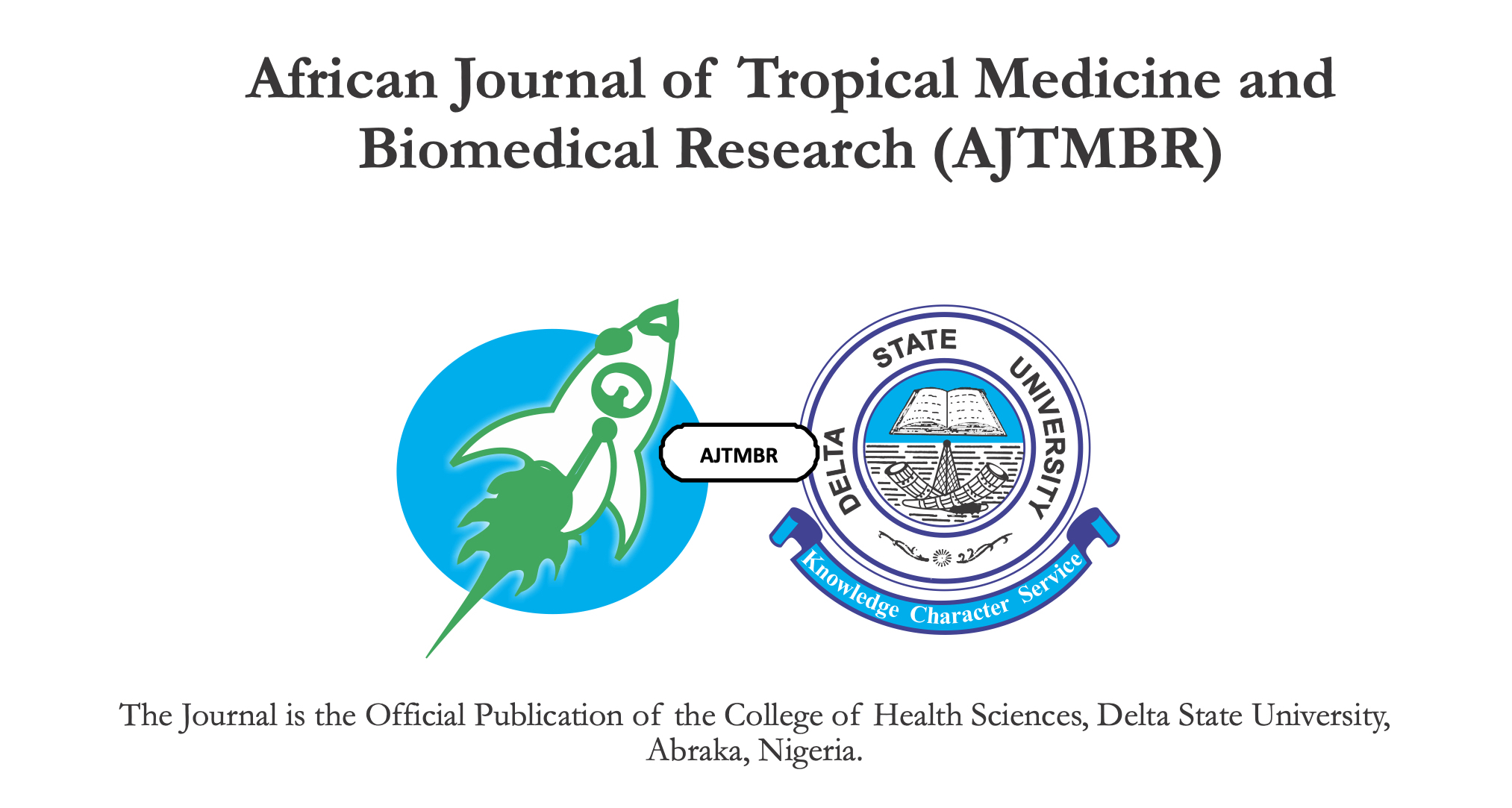Getting Research Evidence into Policy:
The Need for Strengthening Linkages and Partnership between Health Policy Makers and Researchers in the Health Sectors of Developing countries
References
M, Zwi AB, Rychetnik L. Increasing the use of evidence in health policy: practice and views of policy makers and researchers. Australia and New Zealand Health Policy, 2009; 6: 21
Research Policy and Systems, 2009; 7: S3
Alabi GA. Case study: Effectiveness of informatics PolicyinstrumentsinAfrica. Nigeria Economic commission for Africa (ECA), 1994. Available at http://www.uneca.org/aisi/nigeria.htm
Akande JO, Jegede PO. Andragogy and computer literacy. The Nigeria perspective. The African Symposium, 2004; 4: 2
Gething PW, Noor AM, Gikandi PW, Ogara E et al. Improving imperfect data from health management information systems in Africa using space-time geostatistics. PLoS Medicine, 2006; 3: e271
Livny E, Mchendale A, Vanags A. Bridging the research policy gaps in developing and transition countries: analytical lessons and proposal for action. A synthesis of findings from the Global Development Network's Bridging Research and Policy Project (online). Available at http://www.ebpdn.org/resource/resour ce.php?lang=cs&id=691
Dobrow MJ, Goel V, Upshur REG. Evidence-based health policy context and utilisation. Social Sciences and Medicine, 2004; 58: 207-217
Uneke CJ, Ezeoha A, Ndukwe CD, Oyibo PG, Onwe F. Health Systems Research and Policy Development in Nigeria: the challenges and way forward. The Internet Journal of World Health and Societal Politics, 2009;6: 2
Choi BCK, Pang T, Lin V, Puska P et al. Can scientists and policy makers work together? Journal of Epidemiology and Community Health, 2005;58 (8): 632-637
LavisJN,OxmanAD,LewinS,Fretheim A. Support tools for evidence informed health policy making (STP) 3: setting priorities for supporting evidence informed policy making. Health

Downloads
Published
Issue
Section
License

This work is licensed under a Creative Commons Attribution-NoDerivatives 4.0 International License.
Key Terms:
- Attribution: You must give appropriate credit to the original creator.
- NonCommercial: You may not use the material for commercial purposes.
- ShareAlike: If you remix, transform, or build upon the material, you must distribute your contributions under the same license as the original.
- No additional restrictions: You may not apply legal terms or technological measures that legally restrict others from doing anything the license permits.
For full details, please review the Complete License Terms.



